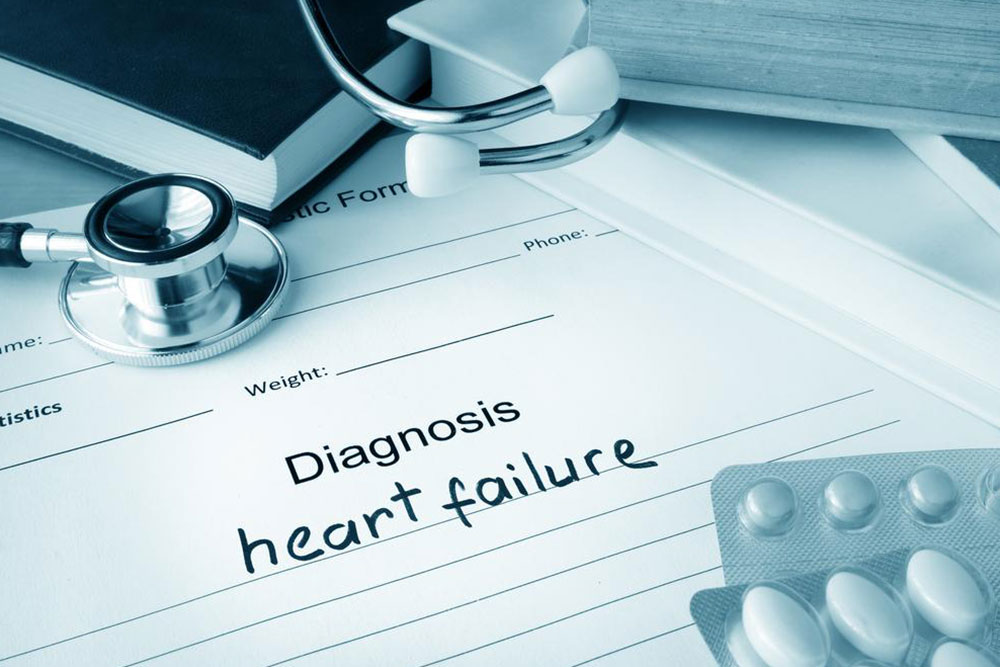Ways to treat chronic heart failure
There is no cure for chronic heart failure. But it is definitely possible to treat the condition through several effective treatment options depending on a person’s medical history. But first, what is chronic heart failure?
It is a common condition, where the symptoms of heart failure appear and worsen slowly over a period of time. Heart failure occurs when the heart muscles become weak and are unable to function properly.

In chronic heart failure, this can come about gradually due to a number of risk factors such as high blood pressure, heart diseases, diabetes, obesity and smoking.
Treatment of chronic heart failure
As chronic heart failure is an ongoing condition, it requires lifelong treatment and management. There are several different treatment options for heart failure such as the use of medications, surgeries and lifestyle changes.
Medications:
- Doctors may use one or more medicines to manage the symptoms of heart failure.
- ACE inhibitors are a type of medicines to lower the blood pressure. With its use, symptoms reduce and patients can experience better health. These work by widening the blood vessels. This action lowers the blood pressure and eventually decreases the heart’s workload.
- Beta blockers are drugs to slow the heart rate. With its use, patients can see improved heart function as a slower heart rate provides the organ with adequate rest to function well. Use of beta blockers can even improve heart health, thus, letting patients live a better life.
- Diuretics aid in fluid loss in the form of urine can provide relief from some symptoms as it stops fluid to collect in the body.
Surgeries:
- Doctors may recommend surgery in some cases of chronic heart failure.
- Coronary bypass surgery helps to unblock arteries that are hindering heart functions.
- Repairing valves can be a necessary step in treating heart failure if a faulty valve is the cause of the condition. In cases where valve repair is not feasible, doctors may recommend replacing the damaged valve with a prosthetic one.
- Pacemakers are electronic implants that aid the heart in functioning well.
Lifestyle changes:
- No treatment for heart failure is complete without changes in lifestyle.
- Weight management is an integral part in the treatment of heart failure. Losing excess weight and maintaining normal weight is essential for healthy heart functions. It is also important to track the weight on a daily basis as sudden weight gain can be a sign of fluid retention due to poor heart health.
- For a healthy heart, it is important to eat a diet low in sodium and saturated fats and high in fiber, fruits and vegetables.
- Moderate physical exercises, adequate rest and a general positive attitude go a long way in managing stress and treating heart failure. For a healthy heart, it is also crucial to quit smoking and avoid alcohol. Fluid intake is also a must.